Politics and Government
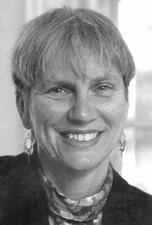
Paula E. Hyman
Distinguished historian Paula Hyman was engaged deeply in Jewish feminism and wrote extensively on the history of Jewish women in an effort to integrate their experience into the Jewish historical narrative. A role model for many, she challenged sacrosanct beliefs and stereotypes with vigor and knowledge and left behind a myriad of scholarly contributions and a profound vision for Jewish women.
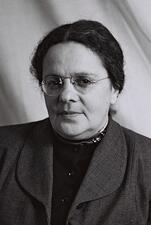
Beba Idelson
Beba Idelson was an Israeli politician and dedicated Zionist activist. She served as a member of the Knesset for sixteen years and was instrumental in shaping the character of the State of Israel, especially as it pertained to women’s rights.
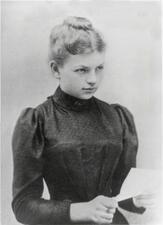
Clara Immerwahr
The first woman to be awarded a doctorate in physical chemistry at a German university, Clara Immerwahr’s achievements were long overlooked by male-dominated university circles. Immerwahr committed suicide in protest of her husband’s involvement in the implementation of gas attacks during World War I. Recognized only posthumously, her name has become linked with moral responsibility in science.
International Council of Jewish Women
The International Council of Jewish Women (ICJW) is a Jewish women's organization established at the beginning of the twentieth century, which evolved with the needs and events over time. As a women’s NGO, ICJW participates in a variety of projects promoting women’s rights and human rights, motivated by its roots in Judaism.
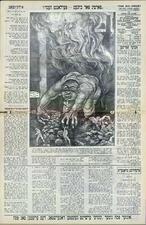
International Ladies Garment Workers Union
The International Ladies Garment Workers Union was founded in 1900 by eleven Jewish men who represented seven local East Coast unions with heavy Jewish immigrant populations. Initially excluded from the union, women began organizing and eventually developed bargaining power after the Uprising of the 20,000 in 1909.
Iraqi Jewish Women
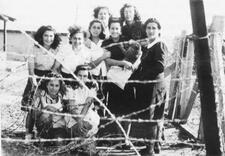
Irgun Zeva'i Le'ummi (I.Z.L.)
The Irgun Zeva’i Le’ummi was a Jewish underground armed organization formed in 1931 to fight British mandatory forces and Palestinian Arabs and their allies in the effort to form a Jewish state. Women were involved in all parts of the organization, from propaganda production and distribution to combat.
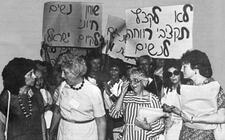
Israel Women's Network
The Israel Women’s Network (IWN) was founded in 1984 and is responsible for many of the feminist breakthroughs in Israel. Though the success of IWN led to an undesirable degree of politicization, it remains an active agent in Israeli feminism.
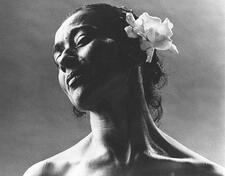
Israeli Folk Dance Pioneers in North America
Dance has been an integral element of the Jewish community since biblical times. An intense desire to share the joy of dance, coupled with a strong identification with both Israel and their Jewish roots, spurred a group of influential women to create a flourishing movement of Israeli folk dance in North America. Today, Israeli folk dance enjoys a wider popularity than ever.
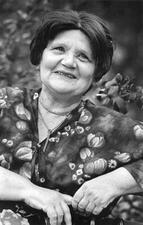
Israeli Women's Writing in Hebrew: 1948-2004
Women writers faced many obstacles in the early years of modern Hebrew, but by the end of the twentieth century they had overcome marginalization to become a central part of the country’s literature. The achievements of women’s writing in Hebrew rank among the unquestionable triumphs of Israeli feminism.
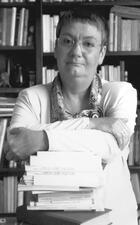
Modern Italy
Jewish women were crucial both to changes in post-emancipation Italian Jewish life and to the overall condition of women in modern Italy. This article reflects on the changes in the role of Jewish women in modern Italy within the Jewish press and institutions, their activism in shaping a secular civil society, and their experiences through the Fascist regime, the trauma of the 1938 Racial laws, emigration, resistance, deportation, survival, and reconstruction.
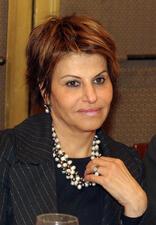
Dalia Itzik
Dalia Itzik is a former politician and was the first woman to serve as the Speaker of the Knesset. She also was the first woman to serve as the acting President of Israel.
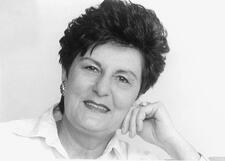
Dafna Nundi Izraeli
Feminist sociologist and peace activist Dafna Nundi Izraeli spent her life dedicated to women's studies, a field of inquiry previously largely unrecognized and trivialized by Israeli academia. She was among the first researchers in Israel to point out the connection between the gender power structures in the Israel Defense Force and in Israeli civilian society. Through her academic and political leadership roles, she worked tirelessly for the advancement of feminist values and scholarship.
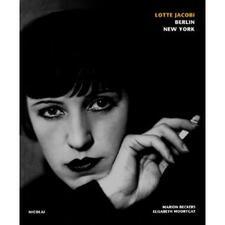
Lotte Jacobi
After leaving Nazi Germany in 1935, Lotte Jacobi became a renowned photographer in New York as she captured intimate portraits of prominent Americans such as Robert Frost, Eleanor Roosevelt, and Paul Robeson. Jacobi was highly interested in politics and an active delegate to the Democratic National Convention. She was known for engaging her subjects in rich conversation as she photographed them.
Dore Jacobs
Dore Jacobs developed her own pedagogy, which viewed physical education as a holistic project, out of which came her own unique method of gymnastics. In 1923 she founded her School for Physical Education and Rhythmic Development; she was also a founding member of the German socialist organization called the Bund-Gemeinschaft für Sozialistisches Leben.
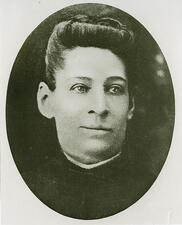
Frances Wisebart Jacobs
Francis Wisebart Jacobs helped transform the fledgling state of Colorado through her organization of charities and hospitals.
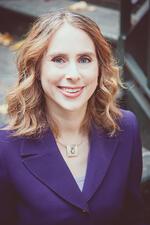
Jill Jacobs

Rose Gell Jacobs
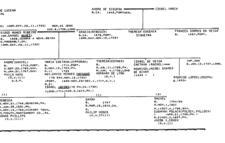
Zipporah Nunes Machado Jacobs
Zipporah Nunes was born a Conversa in Portugal circa 1710. After escaping to London to avoid being re-examined by the Inquisition, her family began practicing Judaism openly; later she became one of the first Jews to settle in the newly formed colony of Georgia in 1733.
Janie Jacobson
Combining her Jewish background with her skill and penchant for writing, Janie Jacobson succeeded as a biblical playwright in the early twentieth century. The children’s plays she authored were performed nationally. In addition to being an accomplished writer, she was a talented musician and involved in Jewish social activism.
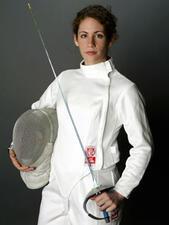
Sada Jacobson
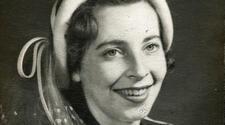
Jean Jaffe
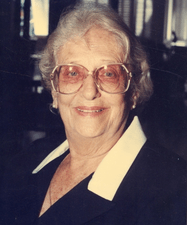
Janet Jagan
Ira Jan
Ira Jan, a painter and writer, was the first Hebrew artist in pre-State Palestine. Born in Kishinev, Jan graduated from the Moscow Art Academy and traveled Europe before immigrating to Palestine in 1908. Known for her love affair with Chaim Nachman Bialik, she immigrated to Jerusalem in 1908, engaging in painting and teaching and publishing her stories in a number of periodicals in Palestine.
Geneviève Janssen-Pevtschin
Geneviève Janssen-Pevtschin was an accomplished lawyer, magistrate, and human rights activist in Belgium. She was active in resistance movements during World War II and is remembered for her passion, respect for human liberty, and dignity.


